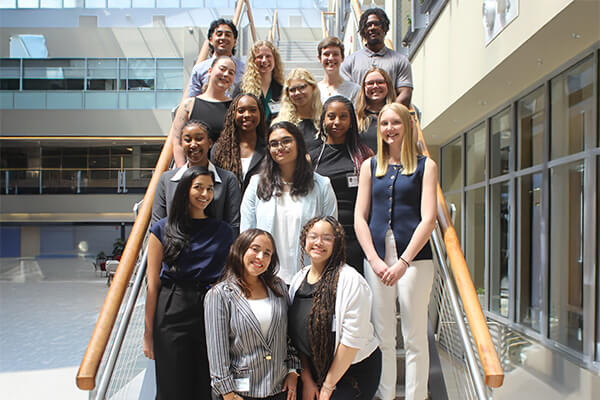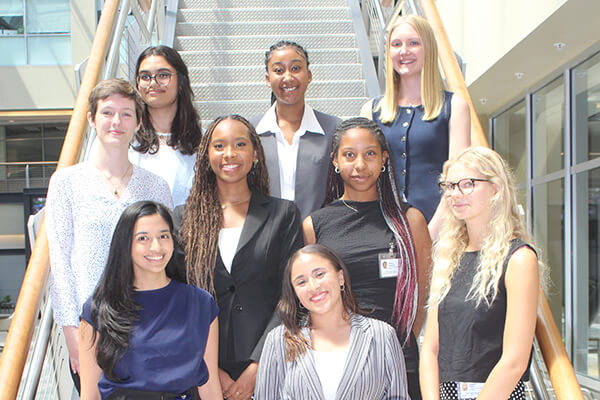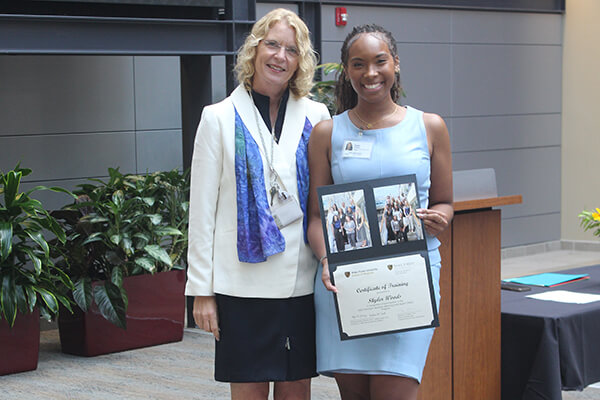TRAC fosters acquisition of lasting child health-related research skills with an emphasis on independence and critical thinking. TRAC supports novel, horizontal Near-Peer-Coach Mentoring© through an immersive eight-week pediatric-specific skills course over the summer combined with the development and implementation of collaborative research projects with guidance from faculty coach-mentors that will continue throughout the following academic year so participants can see their project to completion. Participation will culminate in abstract submissions to a Professional Society Annual Meeting the following spring and submission of a first-authored manuscript.
Program Objectives
- Provide key pediatric research skills in the preclinical, translational, clinical, epidemiological, statistical, and biomedical informatics sciences as applied to reproductive, developmental, clinical, behavioral, and social processes that impact the health and well-being of children, especially the social determinants of health.
- Provide opportunities for engagement in child health-related research through an independent mentored research project designed and led by participants that incorporates a unique model of near-peer mentorship in addition to faculty mentorship.
- Reinforce participants’ pursuit of a career in child health research through participation in activities that increase empowerment and independence as a researcher.
- Recruit a broad array of participants across the educational spectrum in order to maximize creativity and innovation towards addressing the challenges related to child health.
- Increase exposure of program participants to existing barriers to health and gaps in health outcomes through each domain of child health research.
Program Eligibility
- Student learners in good academic standing; professional learners (postdoctorate/residency/fellowship) with an interest in child health and development.









